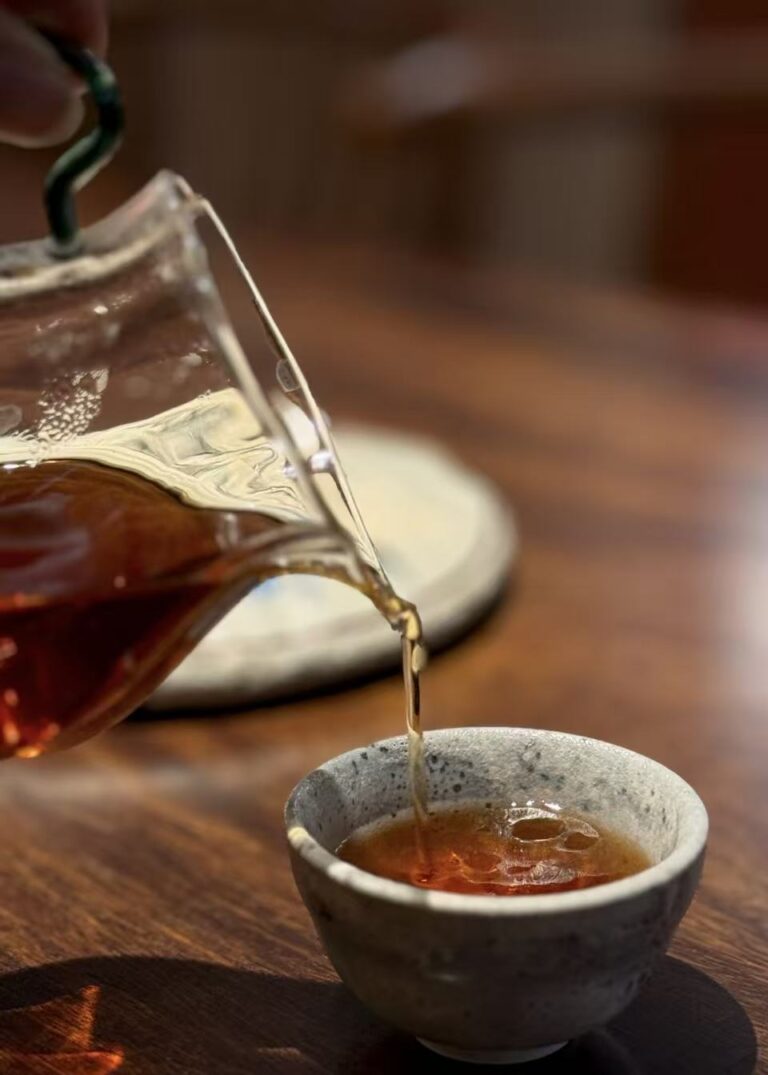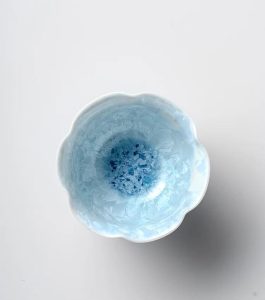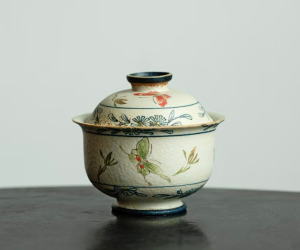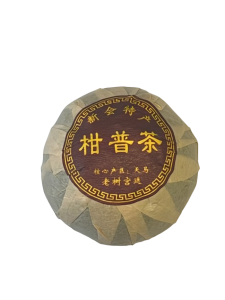Pu erh tea, a unique fermented tea from China’s Yunnan province, offers a rich, earthy flavour and potential health benefits. However, its caffeine content can be both a boon and a bane, especially for those sensitive to caffeine, such as pregnant women or individuals prone to insomnia. Let’s delve into the science and discover how to enjoy pu-erh tea while managing its caffeine effects.
The Upsides of Caffeine in Pu Erh Tea
Caffeine, a natural stimulant found in pu erh tea, can provide several benefits:
- Boosts Metabolism: Caffeine can enhance metabolic rate, aiding in weight management.
- Enhances Fat Oxidation: It promotes the breakdown of fat, supporting energy utilisation.
- Improves Alertness: Caffeine can improve focus and concentration, making it a go-to for many during demanding tasks.
Potential Downsides of Caffeine in Pu Erh Tea
While caffeine has its perks, it’s essential to be mindful of potential drawbacks:
- Interferes with Iron Absorption: Caffeine can hinder the body’s ability to absorb iron, which is crucial for preventing anaemia.
- Disrupts Sleep: Consuming caffeine, especially later in the day, can lead to sleep disturbances.
Strategies to Manage Caffeine Intake
If you’re concerned about caffeine but still wish to enjoy pu erh tea, consider these approaches:
- Opt for Ripe Pu-erh: Ripe (shou) pu-erh undergoes a fermentation process that can reduce caffeine content compared to raw (sheng) pu-erh.
- Adjust Brewing Methods: Shorter steeping times and using cooler water can result in a brew with less caffeine.
- Choose Aged Teas: Older pu-erh teas often have reduced caffeine levels due to the aging process.
Tailored Advice for Specific Groups
- Pregnant Women: It’s advisable to limit caffeine intake during pregnancy. Opting for ripe pu-erh and brewing it lightly can help manage caffeine consumption.
- Fitness Enthusiasts: The caffeine in pu-erh can provide a natural energy boost pre-workout, enhancing performance.
Pu-erh tea’s caffeine content offers both benefits and challenges. By understanding its effects and adjusting your consumption habits, you can enjoy this distinctive tea while aligning with your health goals.
Ready to explore the rich world of Pu-erh tea? Visit our Pu erh tea collection to discover a variety of options tailored to your preferences. Whether you’re seeking the robust flavors of raw Pu-erh or the smooth, mellow notes of ripe Pu-erh, we have something special for you. Start your journey towards mindful tea consumption today!
Note: Always consult with a healthcare professional if you have concerns about caffeine consumption, especially during pregnancy or if you have specific health conditions.
FAQs
The caffeine content in pu-erh tea varies based on factors like type (ripe or raw), age, and brewing method. On average, an 8-ounce cup contains between 30 to 70 mg of caffeine.
If you’re sensitive to caffeine, it’s best to avoid consuming pu-erh tea in the evening to prevent potential sleep disturbances.
Some studies suggest that the caffeine in pu-erh tea can boost metabolism and fat oxidation, which may support weight loss efforts.







